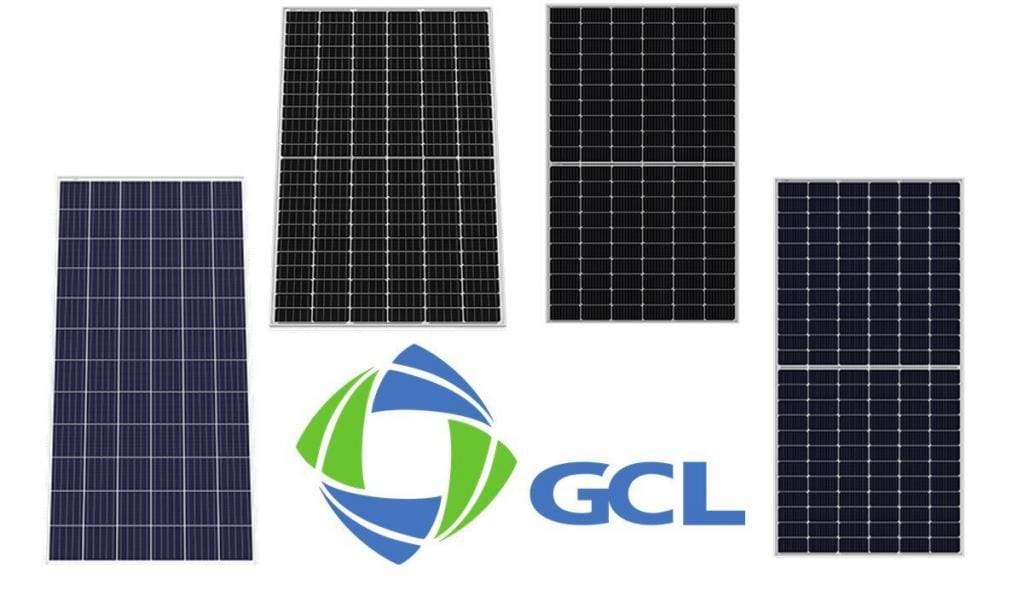Overview of GCL Solar – Company History
Key Indicators
What is a Bloomberg Tier 1 Solar Panel?
What is PV Evolution Labs Top Performer?
Why is office location in Australia Important?
Compare quotes from up to 7 installers in your area now.
GCL Solar Panels Available in Australia
GCL-Saturn Mono Solar Panels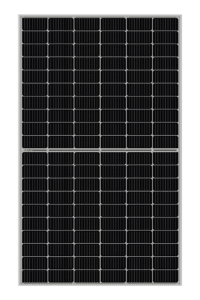
The GCL-M8/60H has 120 half cut monocrystalline solar cells and is one of GCL’s best performing solar panels.
Monocrystalline solar cell technology has a higher efficiency in comparison to polycrystalline. This solar panel uses larger solar cells measuring 166.75mm which allows more sunlight to be received compared to commonly used 158.75mm solar cells. This follows a trend of manufacturers who are increasing the size of solar cells (and overall dimensions of the solar panel) to reach a higher output.
The rated module efficiency is 21.1% which we would rate as excellent compared to what is currently available on the market. Besides the large wafter technology, this module also uses encapsulating materials and technologies which guarantees a high PID resistance, thereby, provide better yield over their 25 year expected life.
The power range for this panel is from 355W to 390 W depending on the model.
GCL-Jupiter Polycrystalline Solar Panels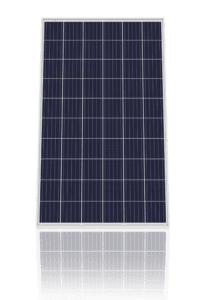
The GCL-P6/72H has 72 solar cells utilising polycrystalline solar technology.
Polycrystalline technology is well known to be cost-effective but not as efficient as monocrystalline. As a result, the rated module efficiency is 18.6% which would now be considered low compared to what is available on the market.
This model features highly transparent self-cleaning glass which brings additional yield and reduces the maintenance cost. Similarly, this module also has a great PID resistance due to its selected encapsulating materials and technologies which ensure the long-term yield. Both features make it a good choice for large scale ground installation.
The power range for this panel is from 325W to 360W depending on the model.
GCL-Gemini Bifacial Dual Glass Solar Panels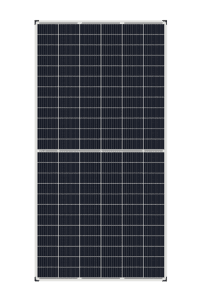
The GCL-M3/72GD has 144 half cut monocrystalline solar cells with half-cut solar technology.
Half-cut solar cells are now common place in the solar industry as they increase the panels efficiency whilst not increasing surface area. The rated module efficiency is 20.7% which we would consider the average in the market.
One of the advantages of the GCL-Gemini solar panels is their advanced designs reaching a high system voltage of 1500V meaning more solar panels can be connected in each string, thereby reducing the cost of Balance of System (BOS).
As a bifacial panel, generating power from both sides of the solar panel, it is better suited to a ground-mounted installation greater sun and be reflected to the underside.
The power range for this panel is from 385W to 420 W depending on the model.
GCL’s Warranty Offering
Solar panels come with a product and performance warranty. The product warranty is designed to cover manufacturing faults in the panel that leads to damage or malfunction and is typically 10 years for most solar panel manufacturers. All GCL Solar panels offer a 10 year standard product warranty which is effectively the minimum expectation of the solar panel market.
The performance warranty guarantees a certain level of output for the lifetime of the panel – typically guaranteeing 80-82% of the nameplate output after 25 years. GCL offers 25 years performance warranty with a guaranteed output of 83.1% for monofacial modules and a guaranteed output of 83.0% after 30 years for bifacial modules.
While the terms of the warranty meet expectations, it looks to be a nightmare of a process to be able to claim warranty. Currently customers would need to notify GCL via mail or email of the details of their warranty claim. As GCL have no Australian staff, this means mailing, emailing or attempting to call their Chinese head office in Jiangsu.
You can find the modules list and more details of the warranty here.
GCL Solar Panels Pros and Cons
Pros
- Listed as a top performing solar panel by PV Evolution Labs
- Competitive pricing for reasonable quality
- Have a 51% stake in Australian PV product distributor One Stop Warehouse
Cons
- No Australian office and contact information.
- No premium product offering with 25 years product warranty
- Do not feature in the Bloomberg Tier 1 ranking
Comparison of GCL Solar Panel Specifications (common modules)
So, should I buy GCL Solar Panels?
Example of a GCL Commercial Solar Project
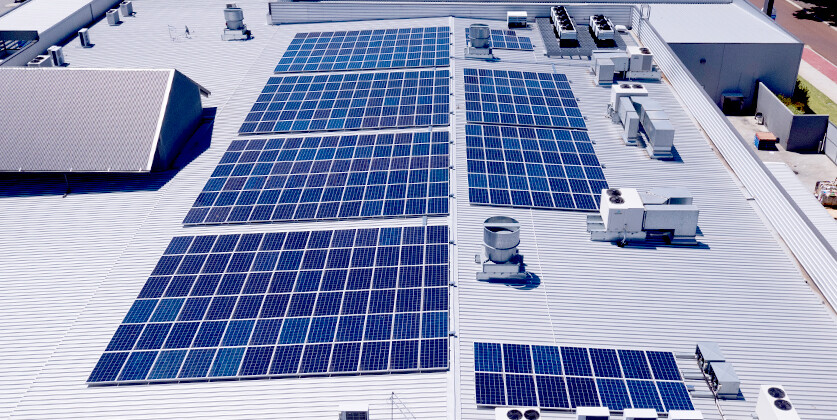
Since 2008 our knowledge and sophisticated software has allowed over 300,000 Australian households and businesses to make a well-informed choice on their solar & battery installer.
- Why a big battery could be cheaper than a small battery with the federal rebate? - 19 June, 2025
- Heat Pump Costs – Solar Choice Price Index - 1 June, 2025
- Solar Panel Costs: Solar Choice Price Index | July 2025 - 1 June, 2025
Reviews from Australians who have installed GCL Panels
Review left 6 years after system installed
To date Ive had no problems with these panels
Review left 2 years after system installed
Happy with panels.
